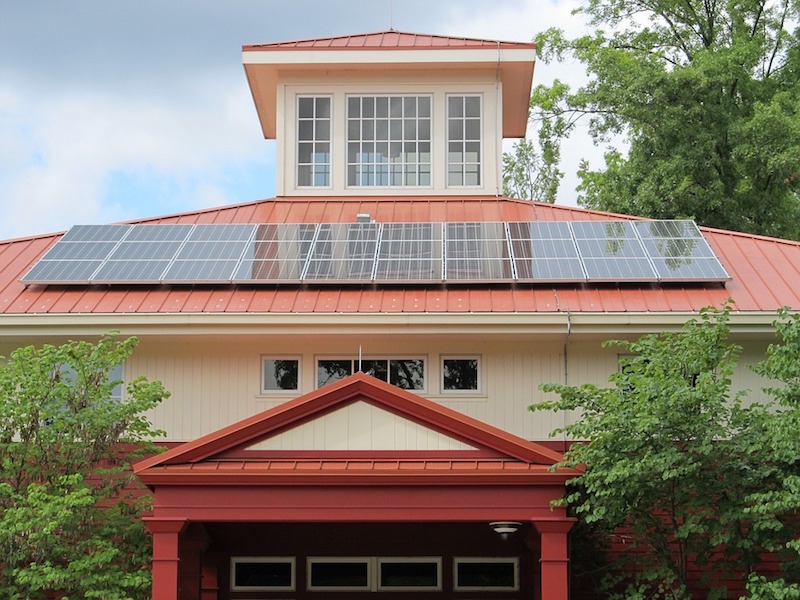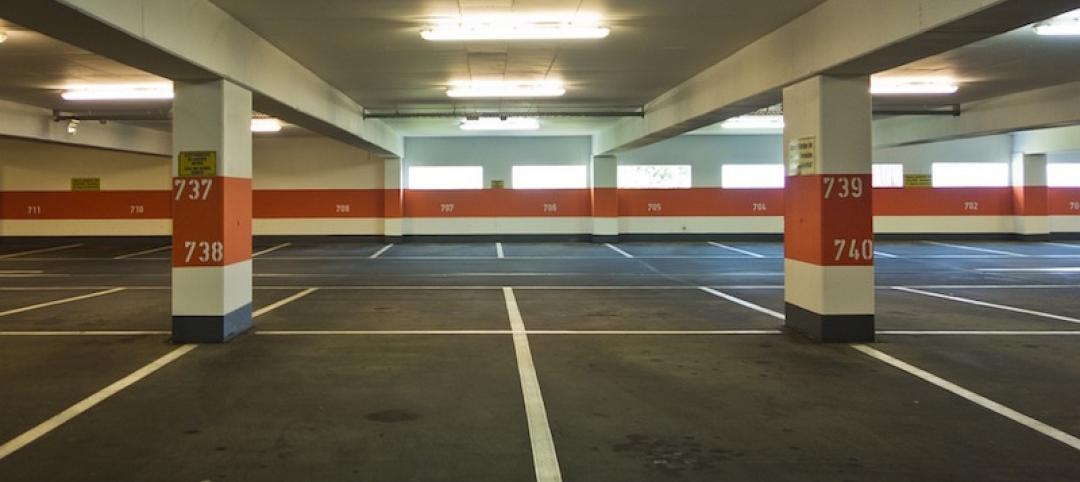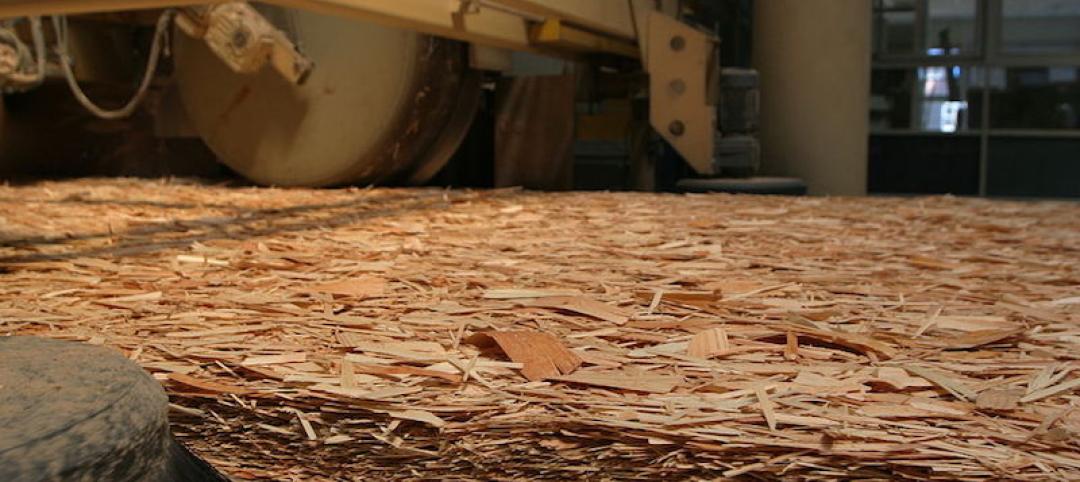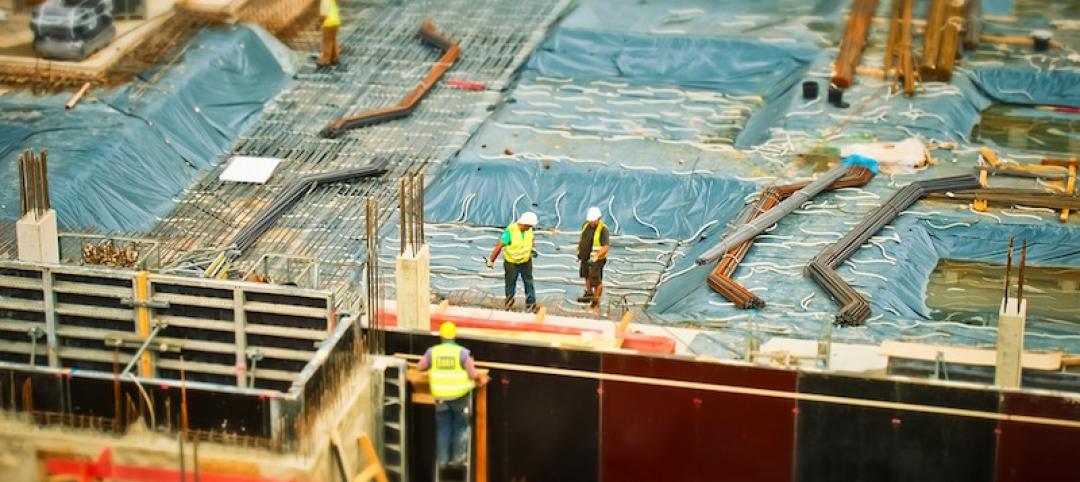Green leases, also called energy-aligned leases, have been gaining more adherents since they were introduced to the market about 10 years ago.
They are effective tools to ensure that both landlords and tenants benefit from energy and water efficiency building upgrades. Traditional leases tend to create disincentives for landlords and tenants to invest in more efficient systems and equipment.
For example, the financial savings from lower operating costs in a net-leased building go to the tenant while the landlord pays the capital costs for improvements. And, in buildings with a full-service lease structure, the landlord has incentive to keep energy costs down, but the tenant is not penalized for wasteful energy consumption.
Owners who have successfully implemented green lease programs have shared the costs of energy-saving improvements; ensured tenants build out to green standards; increased transparency by sharing access to energy consumption data and ENERGY STAR scores between tenants and landlords; and encouraged cooperation on environmental initiatives, such as recycling.
Related Stories
Standards | Aug 16, 2016
Standard for conducting, reporting energy audits open for review
A joint ASHRAE/ACCA proposal seeks comments from industry professionals.
Legislation | Aug 10, 2016
Calif. bill would speed up environmental lawsuits on certain projects
A nine-month limit has been proposed for some $100 million-plus projects.
Resiliency | Aug 10, 2016
White House pushes for better finance strategies for disaster mitigation and resilience
The move highlights innovative insurance, mortgage, tax, and finance-based strategies.
Regulations | Aug 9, 2016
New trend eases parking requirements for U.S. cities
Transit-oriented development and affordable housing are spurring the movement.
Regulations | Aug 8, 2016
EPA toughens rules to reduce formaldehyde exposure from composite wood products
Products will now have to be labeled as compliant to the new rules.
Regulations | Aug 5, 2016
Stop-work orders in New York City up sharply this year
The orders come after a rise in the number of deadly accidents that have occurred in the past few years.
Sustainability | Aug 4, 2016
S.F. Bay Area voters approve first-of-its-kind tax to fight impact of climate change
The funds from the tax will be used to restore wetlands
Concrete | Aug 2, 2016
Concrete Association builds case against cross-laminated timber
The campaign asserts that not enough is known about CLT in construction
Seismic Design | Jul 28, 2016
Risk of man-made earthquakes now factor in seismic hazard analysis
Significant risk increases seen in some areas of the U.S.
Resiliency | Jul 27, 2016
New York’s resilience plans not taking long-term view, critics charge
Continued waterfront development may be regretted later this century.















